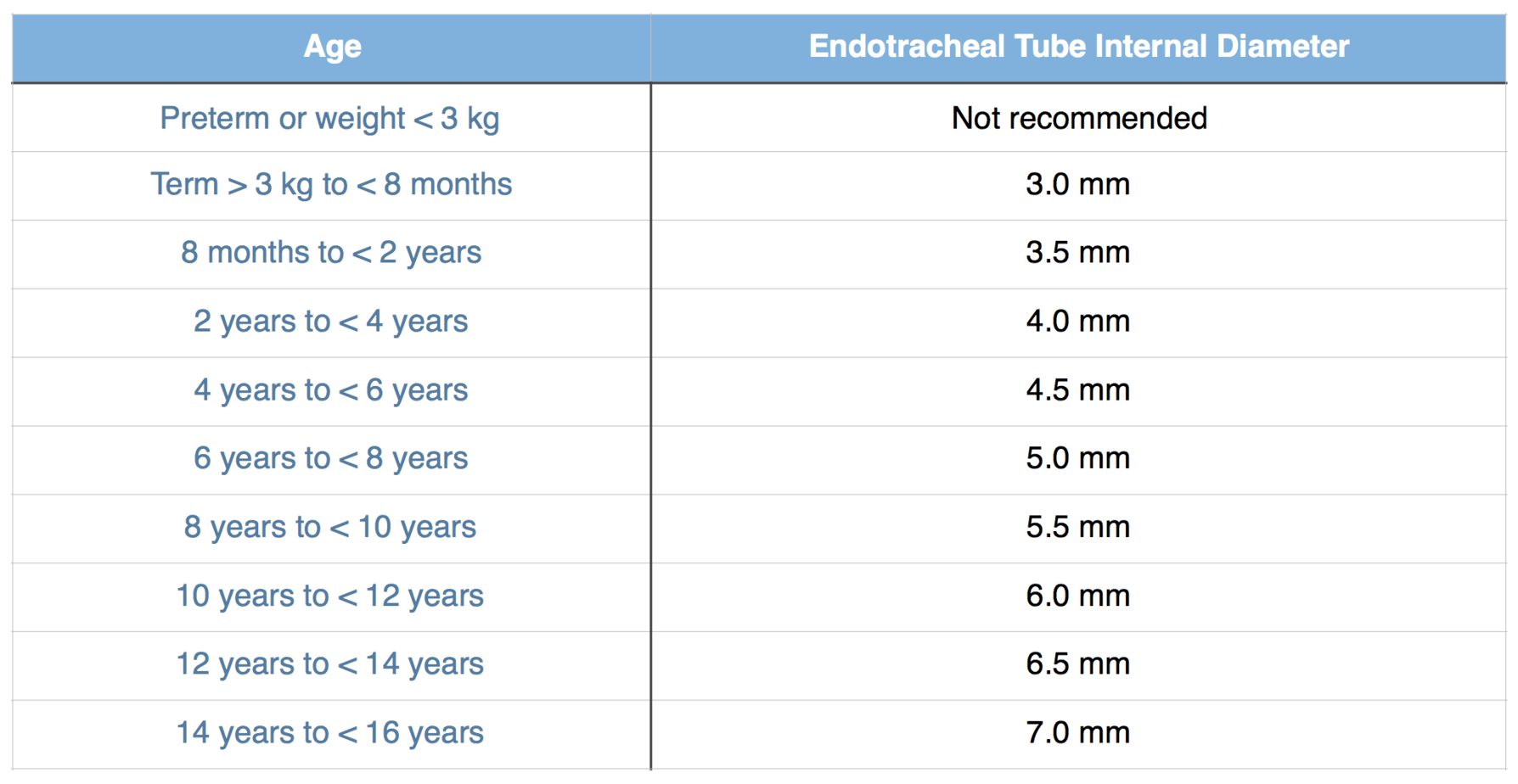How Veterinary Diagnostics Safeguard Pet Health
How Veterinary Diagnostics Safeguard Pet Health
Blog Article
Companion animals are invaluable, and maintaining their vitality is a responsibility. Veterinary laboratories play a crucial role in guiding treatment plans for domestic pets.
In this guide, we’ll delve into the benefits of testing for dogs and cats and outline essential tests.
What Are Veterinary Labs?
Pet testing services focus on testing for evaluating pet health. They provide critical insights to develop effective treatments.

Steps in veterinary testing usually includes:
- Preparing samples for testing: Tissue or fluid samples are gathered during visits.
- In-depth testing: Technicians and machines analyze the findings.
- Analyzing findings: Information helps manage health for your pet’s benefit.
Common Veterinary Tests for Dogs and Cats
Diagnostic exams are tailored to pet needs to prevent serious conditions. Key lab services include:
- Blood tests: Identify infections.
- Bladder and kidney checks: Identify dehydration.
- Gut health screenings: Detect worms or parasites.
- Skin health exams: Address skin issues.
- Advanced imaging tests: Evaluate bone and joint health.
laboratorio analises clinicas veterinaria
exames laboratoriais veterináriosanálise laboratório veterinário
How Testing Supports Pet Health
Ongoing evaluations supports proactive health management. Through these tests, vets can provide better care.

The importance of routine exams include:
- Better disease management: Vets can tailor treatments.
- Avoiding costly emergencies: Small problems are treated before they escalate.
- Knowing your pet is well: Stay ahead of potential issues.
Conclusion: Veterinary Labs as a Cornerstone of Pet Health
Pet health labs ensure pets get the best care possible. By making testing part of their care, you protect their well-being.
Make pet health a priority and support their wellness every step of the way!
Report this page